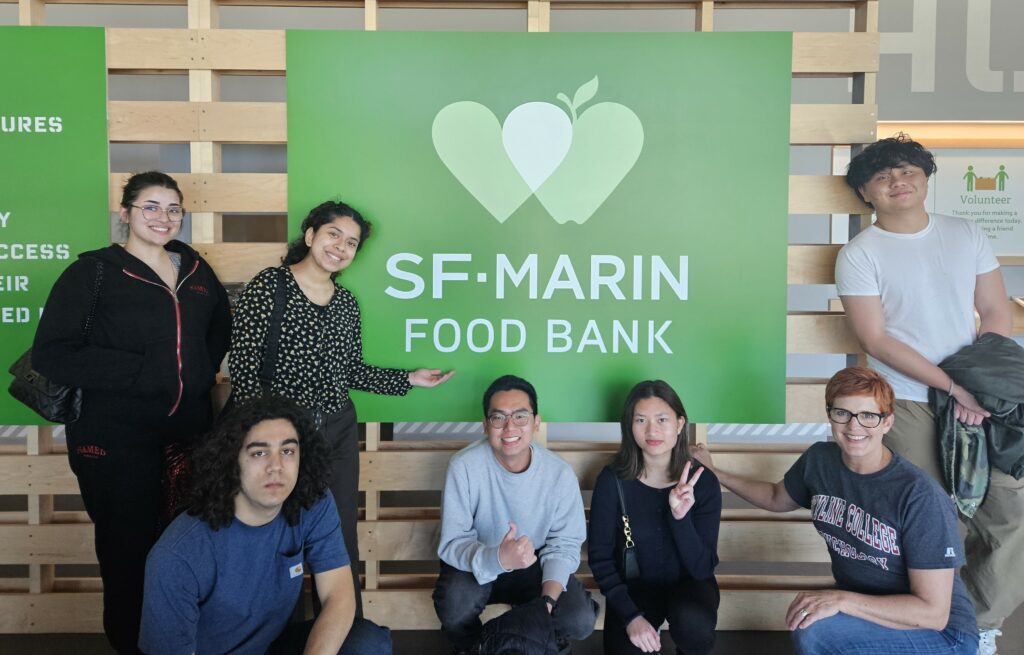Skyline College has long prided itself on its “students first!” approach in all it does, from its instructional programs and student services, to campus life and events. It is from this focus that the College derives its commitment to student success, as reflected in the Mission-Vision-Values (MVV) statement. And yet, until recently, the concept of student success has lacked a clear definition, leading many to wonder how we as a College and District should measure “student success.”
To that end, our college community is presently engaged in defining student success and determining which indicators are appropriate in order to evaluate our effectiveness in increasing student success. A draft definition has been developed and operationalized as follows:
At Skyline College, we value students’ success in achieving their goals, and strengthening their voices as they transform their lives through their educational experience. As an institution, we define student success as students’ achievement of their educational goals. We operationalize our definition of student success across four key indicators:
- Academic Achievement: the extent to which students demonstrate satisfactory or above satisfactory academic performance as measured through successful course completion.
- Student Persistence (semester-to-semester): the rate at which students persist to the subsequent semester, based on their educational goals.
- Degree and Certificate Completion: The rate at which students complete their programs of study and achieve the educational attainment goals they set out to achieve.
- Transfer Achievement: The rate at which students who indicate transfer as an educational goal are able to achieve transfer.
In addition to the indicators identified above, student success entails a myriad of less tangible outcomes that are more difficult to define or measure. For example, holistic learning and development as an indicator of student success may include, inter alia, the ability to strive for deeper understanding, build communication skills, think critically, and be civically engaged. The Institutional Student Learning Outcomes (ISLOs) identified in the Skyline College SLOAC Framework provide one approach for assessing some of the fundamental holistic learning and development outcomes that are typically associated with student success.
This draft is beginning to make its way through the College’s participatory governance processes, starting in the Institutional Effectiveness Committee (IEC) at its Monday, March 21st meeting. From there it will be taken to the Strategic Planning and Allocation of Resources Committee (SPARC) for review, as well as be presented to the Academic Senate, Classified Senate, and Associated Students for discussion before being taken to the College Governance Council (CGC) for final consideration. For any questions, please contact Aaron McVean, Dean of Planning, Research, and Institutional Effectiveness (PRIE) at mcveana@smccd.edu.
Article by Karen Wong






